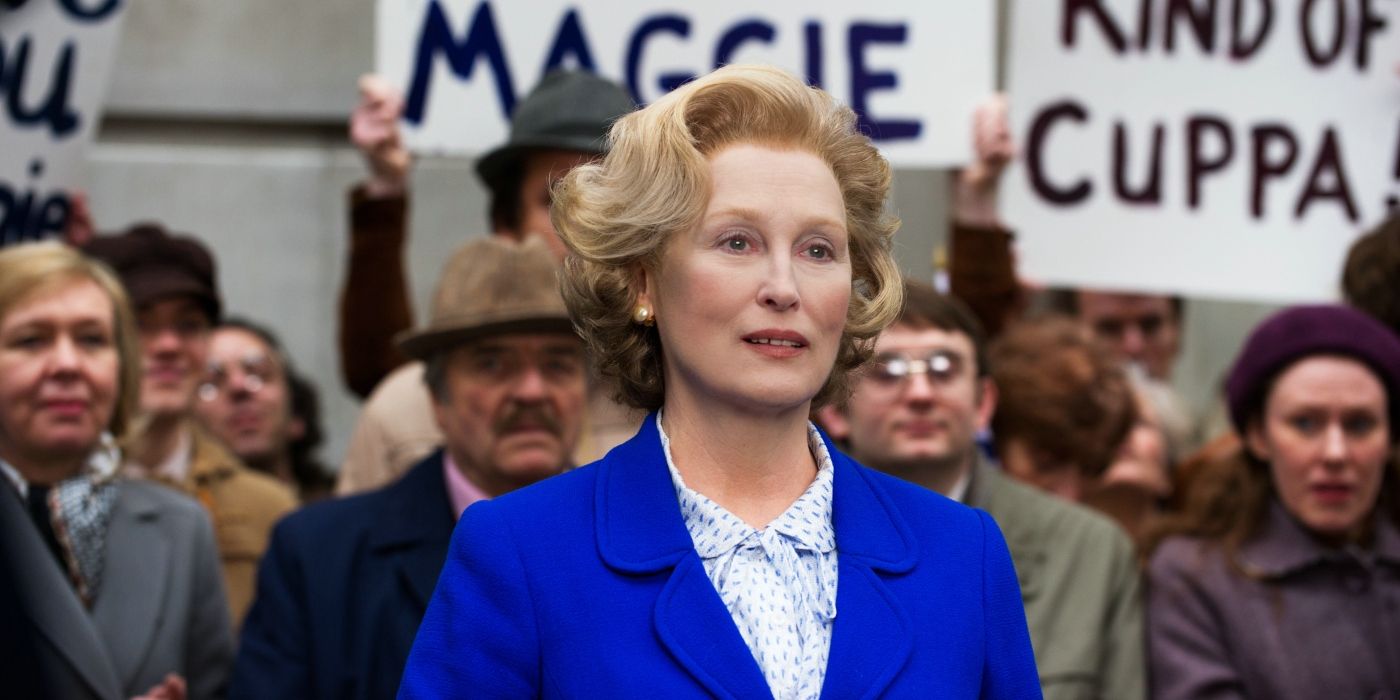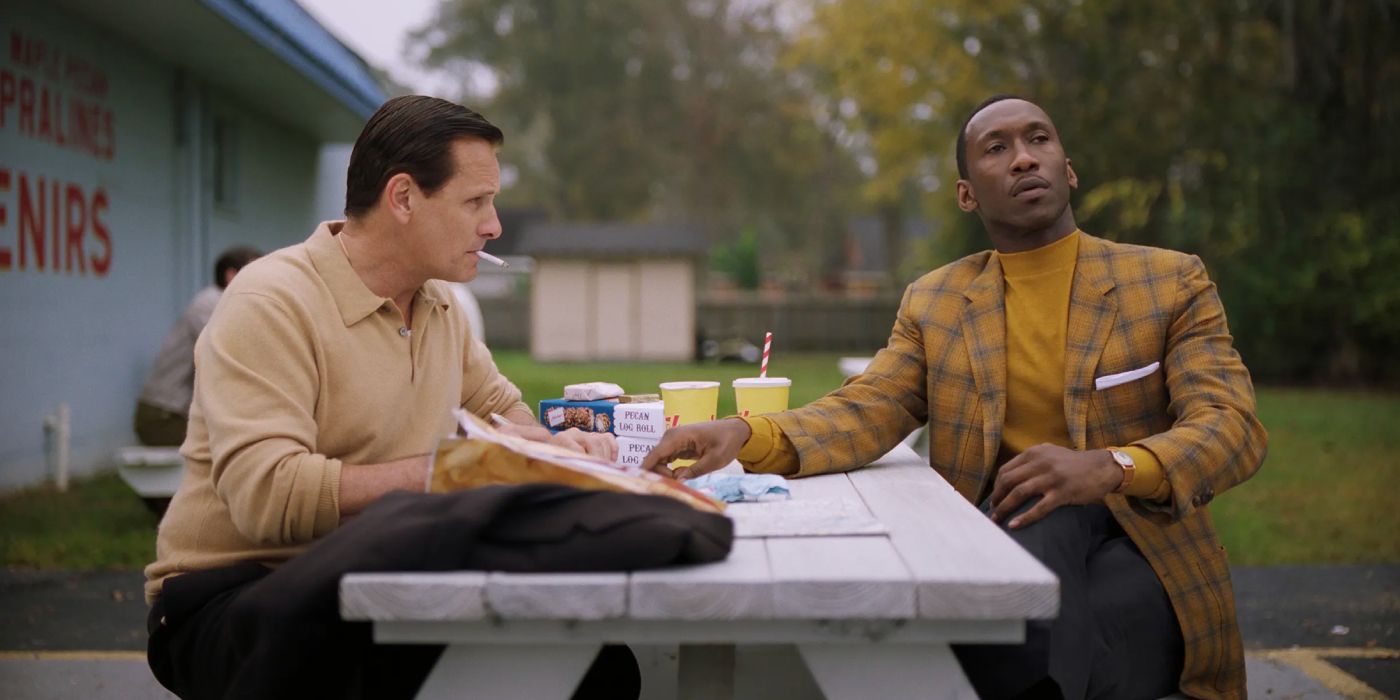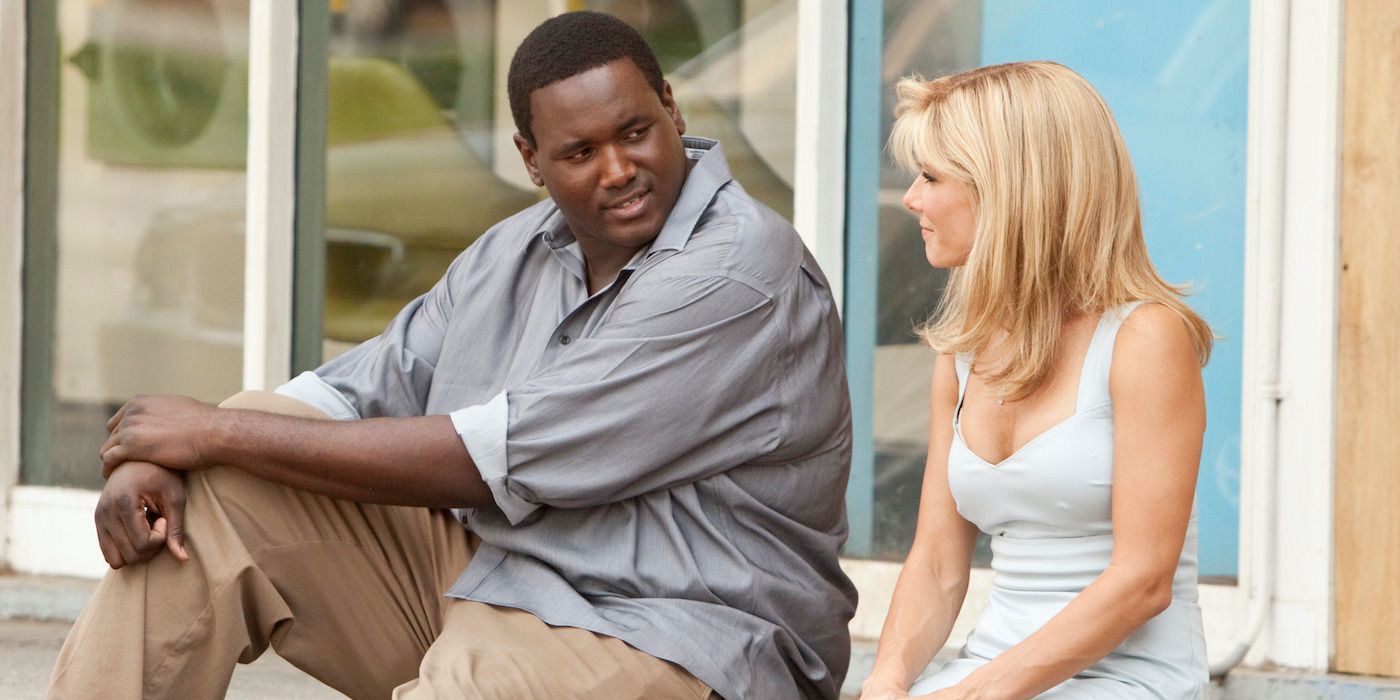The term “Oscar-bait” — used to refer to films that are specifically designed, marketed, and distributed to specifically try and ensure getting some Academy Awards attention — isn’t new, having started to be used around the early 1940s. It’s generally accepted that it wasn’t until the ’70s, however, that true Oscar-bait films as they’re known today began to be produced, starting with the Best Picture-winning The Deer Hunter. That, however, is a phenomenal film. That’s not always the case with these kinds of movies.
Sometimes, films are so obsessed with the goal of getting Oscars that they forget to… Well, be good. Failed Oscar-bait movies aren’t uncommon, but what’s certainly rarer is an Oscar-bait film that, despite not being particularly great, does manage to snag one or more Academy Awards. Throughout recent Oscars history, there have been a few noteworthy occasions when the Academy has rewarded movies that audiences wouldn’t necessarily agree deserved the gold.
10 ‘Les Misérables’ (2012)
Directed by Tom Hooper
Based on Claude-Michel Schönberg, Alain Boublil, and Jean-Marc Natel‘s legendary sung-through stage musical of the same name, which is likewise based on Victor Hugo‘s 19th-century epic, Les Misérables as a period musical that is, at the very least, very unique. It follows the story of Jean Valjean, who has for decades been hunted by the ruthless policeman Javert after breaking parole. After he agrees to care for a factory worker’s daughter, both their lives change forever.
The film is directed by Tom Hooper, who only two years ago had earned an Oscar for his Best Picture-winning The King’s Speech (also rather Oscar-baity fare). Fans of the source material were always going to love this, but those just looking for a great period piece aren’t likely to find it here. With a bizarre aesthetic by Hooper’s monotone direction, and a lack of the energy and vibrancy that makes the original musical so timeless, Les Misérables fails to live up to its name. It’s technically stunning, some of the performances are great (Anne Hathaway having won an Oscar for hers), and the story is naturally deeply compelling, but the way it’s executed falls flat. Hooper’s next two films, The Danish Girl and Cats, were also Oscar bait. The former had success with the Academy similar to Les Mis‘s, and the latter should need no introduction.
9 ‘Evita’ (1996)
Directed by Alan Parker
One of the greatest British filmmakers of his generation, the great Alan Parker took on the ambitious task of adapting Andrew Lloyd Webber and Tim Rice‘s hit musical Evita for the big screen. It’s based on the life of Eva Perón, a B-picture Argentinian actress who became the wife of Argentinian president Juan Domingo Perón. At one point, she was both the most beloved and the most hated woman in Argentina.
The movie isn’t without its fans, but all in all, it’s about as so-so as Oscar-bait musicals come. Full of historical inaccuracies, with an excruciatingly long runtime, and with a lead performance by Madonna that split both critics and audiences right down the middle, Evita hasn’t aged particularly well. That being said, its lush visuals definitely help elevate the material, and the rousing music is undeniably phenomenal. Thus, it’s hardly surprising that the film’s only Oscar victory came in the Best Original Song category, for the phenomenal “You Must Love Me.”
Evita
- Release Date
- December 14, 1996
- Director
- Alan Parker
- Runtime
- 134
- Writers
- Tim Rice , Alan Parker , Oliver Stone
8 ‘Judy’ (2019)
Directed by Rupert Goold
One of the most iconic and legendary actresses of Hollywood’s Golden Age, Judy Garland had a tumultuous, tragic life of addiction and depression caused by the oppressive system that she grew up in. Shortly before her sad death at 47 years old in 1969, she went on a tour of sold-out shows that cemented her place as one of American history’s greatest performers. This tour is the subject of Judy, a biopic focused on her life.
It shouldn’t have been too hard to make a fascinating story about the life and trajectory of such a larger-than-life icon, but unfortunately, Judy is one of the most boring music biopics ever. With dull direction and a forgettable tone, all it has to fall back on is the element that earned it its only Oscar: Renée Zellweger‘s performance as the star. It’s a strong, compassionate, moving piece of acting, even if there’s nothing about it that truly stands out as the best lead female performance of 2019.
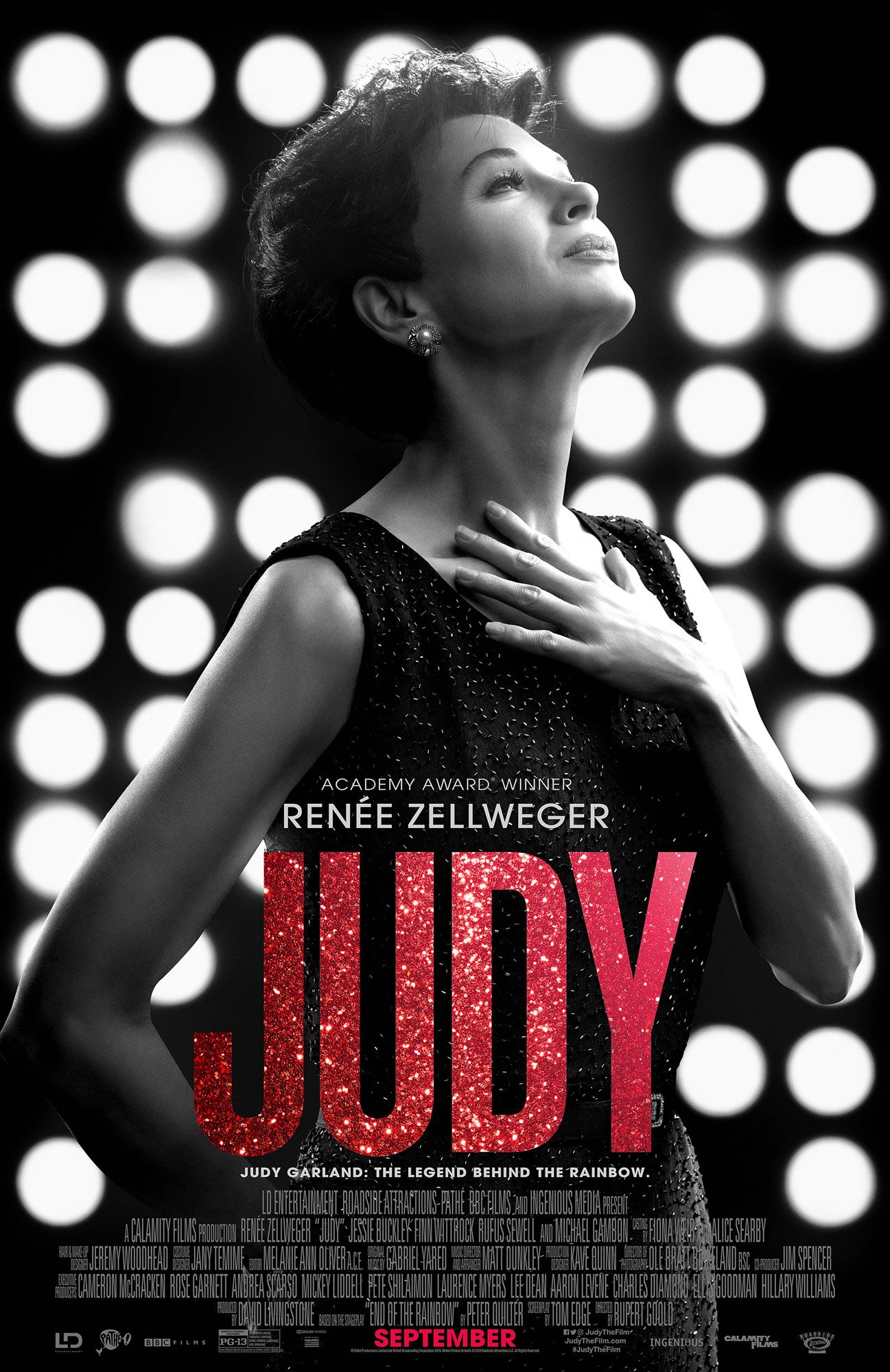
Judy
- Release Date
- September 27, 2019
- Director
- Rupert Goold
- Runtime
- 118
- Writers
- Tom Edge , Peter Quilter
7 ‘Bohemian Rhapsody’ (2018)
Directed by Bryan Singer
A project about Freddie Mercury and his involvement with Queen had been in development hell for years before Bryan Singer finally took on the project and followed it to fruition. The result is Bohemian Rhapsody, a docudrama that follows the legendary singer and rock band from their humble beginnings to their momentous performance at 1985’s Live Aid concert.
Despite its solid (if unextraordinary) performances, Rami Malek‘s lead performance as Freddie being one of the movie’s four Oscar wins, the film mostly feels like a watered-down, cherry-picked portrayal of this story trying to appeal to the lowest common denominator. It looks and sounds great (deservedly winning both Sound categories), and it has plenty of memorable moments, but in the end, its wonky editing (which somehow also won Academy gold), poor direction, and by-the-numbers script let it down.
6 ‘Bombshell’ (2019)
Directed by Jay Roach
In what’s undebatably one of the best years for cinema of the 21st century thus far, there was also a fair amount of forgettable fluff. Case in point: 2019’s Bombshell, about a group of women who took on Fox News head Roger Ailes and the toxic workplace atmosphere that he presided over at the network, characterized by misogyny, abuse, and sexual harassment.
It squandered it all on what feels like a Wikipedia page put on the big screen.
There were plenty of outstanding true crime movies made during the latter half of the 2010s. Bombshell wasn’t one of them. In the wake of the “Me Too” movement, its story was more timely and important than ever before. So, it took that premise and a cast of incredibly talented performers and squandered it all on what feels like a Wikipedia page put on the big screen. Its Makeup and Hairstyling Oscar win was well deserved, but it was sadly for a dull, lifeless film that does more of a disservice to its subject matter than anything else.
5 ‘The Iron Lady’ (2011)
Directed by Phyllida Lloyd
The docudrama that gave Meryl Streep her third Academy Award, The Iron Lady is about an elderly Margaret Thatcher talking to the imagined presence of her recently deceased husband, as she struggles to come to terms with his death while scenes of her life intervene. Thatcher isn’t exactly the most beloved figure in UK history, so it’s no wonder that a film with just a bit too much sympathy and admiration for her received mostly criticism from critics and audiences alike.
Even setting political matters aside, though, The Iron Lady is too bland and self-important to be considered particularly good. Despite Streep delivering a solid impression of Thatcher under one of the best prosthetic makeup jobs of the 2010s (which also won an Oscar), the film is too aimless and too lukewarm in its stance towards its subject to be even a little bit interesting.
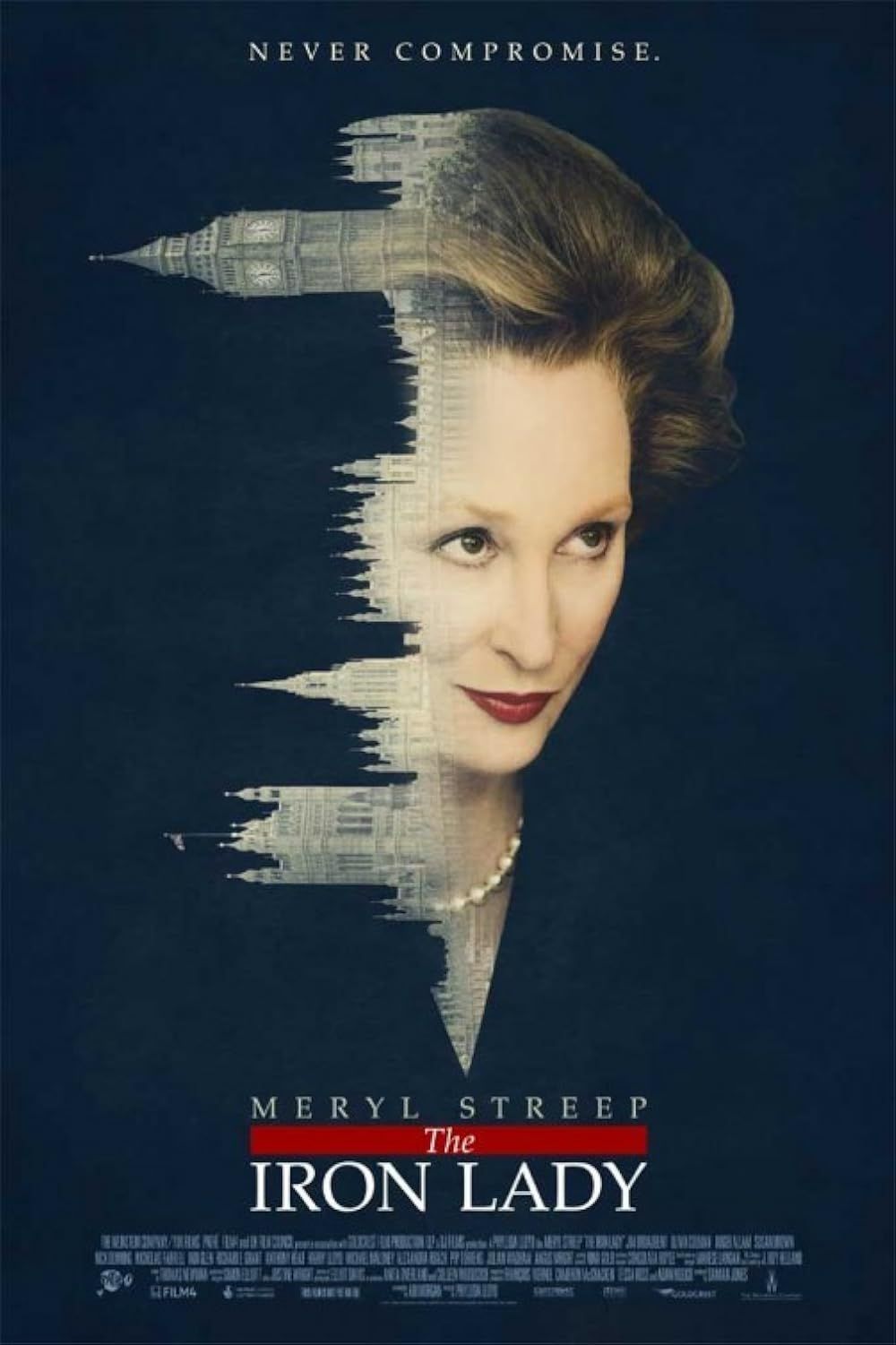
The Iron Lady
- Release Date
- December 30, 2011
- Director
- Phyllida Lloyd
- Runtime
- 105
- Writers
- Abi Morgan
4 ‘Pearl Harbor’ (2001)
Directed by Michael Bay
Well known for his explosive, loud, VFX-heavy action spectacles, Michael Bay is a director that most people either love or hate. Some of his movies, though, are genuinely hard to defend — even for his fans. Pearl Harbor is one such film. An excruciating three hours long, it’s a war epic following two lifelong friends and a beautiful nurse, who are caught up in the horror of an infamous Sunday morning in 1941.
Though the film has terrific technical qualities, from impressive visuals to exquisite sound design (which won the film’s sole Oscar) to one of Hans Zimmer‘s most underappreciated scores, that’s about as far as praise for it can go. Its romance is tedious at best and unintentionally funny at worst, its script lacks lots of polish, and the runtime certainly doesn’t help in making the experience any easier to get through.

Pearl Harbor
- Release Date
- May 21, 2001
- Runtime
- 3h 3m
- Writers
- Randall Wallace
3 ‘Green Book’ (2018)
Directed by Peter Farrelly
Largely considered the worst Best Picture winner of the 2010, Green Book made it so that the statement “the director of Dumb and Dumber has two Oscars” became true. It’s a biopic following working-class Italian-American bouncer Tony Lip as he becomes the driver of African-American classical pianist Dr. Donald Shirley on a tour of venues through the 1960s American South.
The film’s depiction of its core anti-racism themes is surprisingly surface-level and simplistic for a Best Picture Oscar recipient. Furthermore, its bland style and Shirley’s family’s claims that they were left out of the film’s production altogether stirred plenty of controversy. There are a few moving moments and Viggo Mortensen and Mahershala Ali (the latter of whom won his second Oscar for his work) are phenomenal, but there’s not enough here to make Green Book worthy of as much awards recognition as it got.
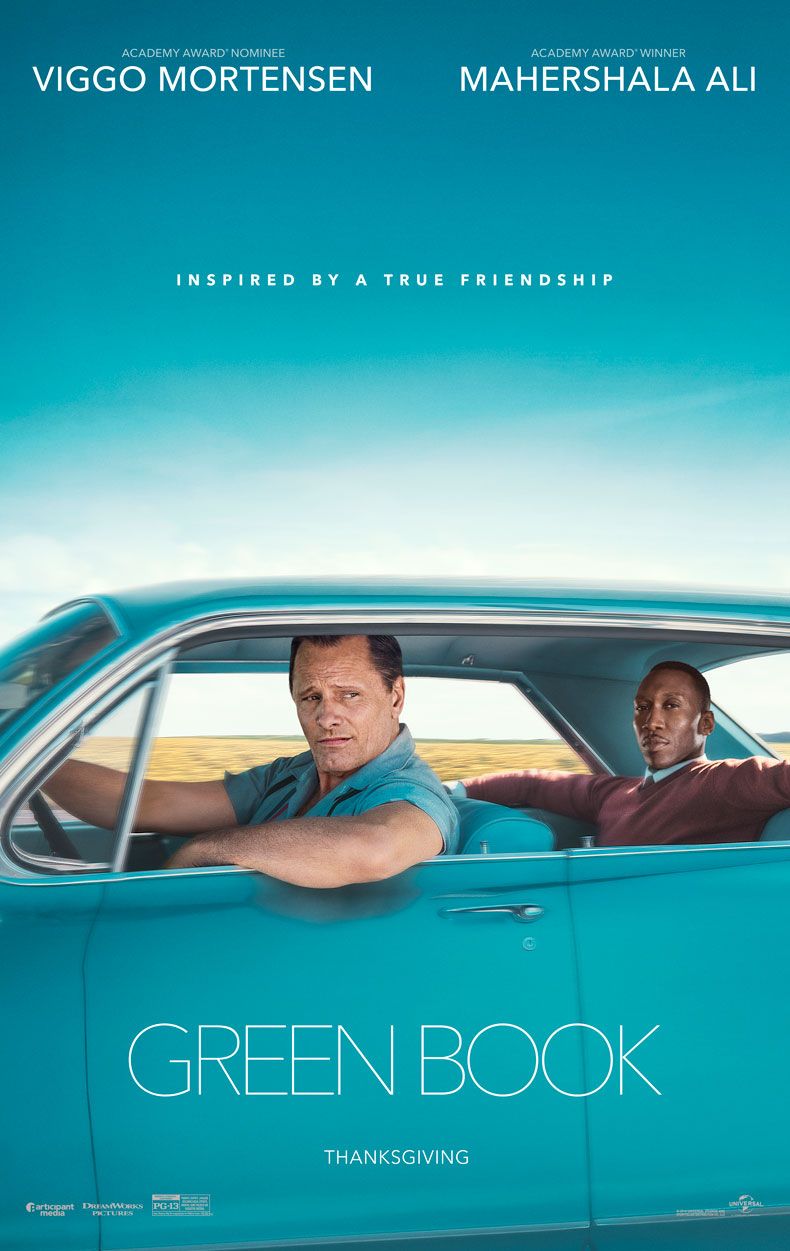
Green Book
- Release Date
- November 16, 2018
- Director
- Peter Farrelly
- Runtime
- 130
- Writers
- Nick Vallelonga , Brian Currie , Peter Farrelly
2 ‘The Blind Side’ (2009)
Directed by John Lee Hancock
If there ever has been an Oscar-winning movie that’s aged like milk, The Blind Side is it. It’s (supposedly) about Michael Oher, a homeless and traumatized boy who became a football legend and first-draft NFL draft pick with the (alleged) help of a (supposedly) caring woman and her family. There’s just one problem: The real Michael Oher has denounced the film’s veracity, and sued the real Tuohy family for having tricked him and used him as a cash cow.
Even before the lawsuit, though, The Blind Side was never particularly good. Saccharine, manipulative, and heavily sentimental, the film twists Oher’s real story and molds it into a white savior narrative more uncomfortable than most. Even the movie’s only Oscar win, for Sandra Bullock‘s lead performance, tends to be considered the worst Best Leading Actress win of the 2000s.
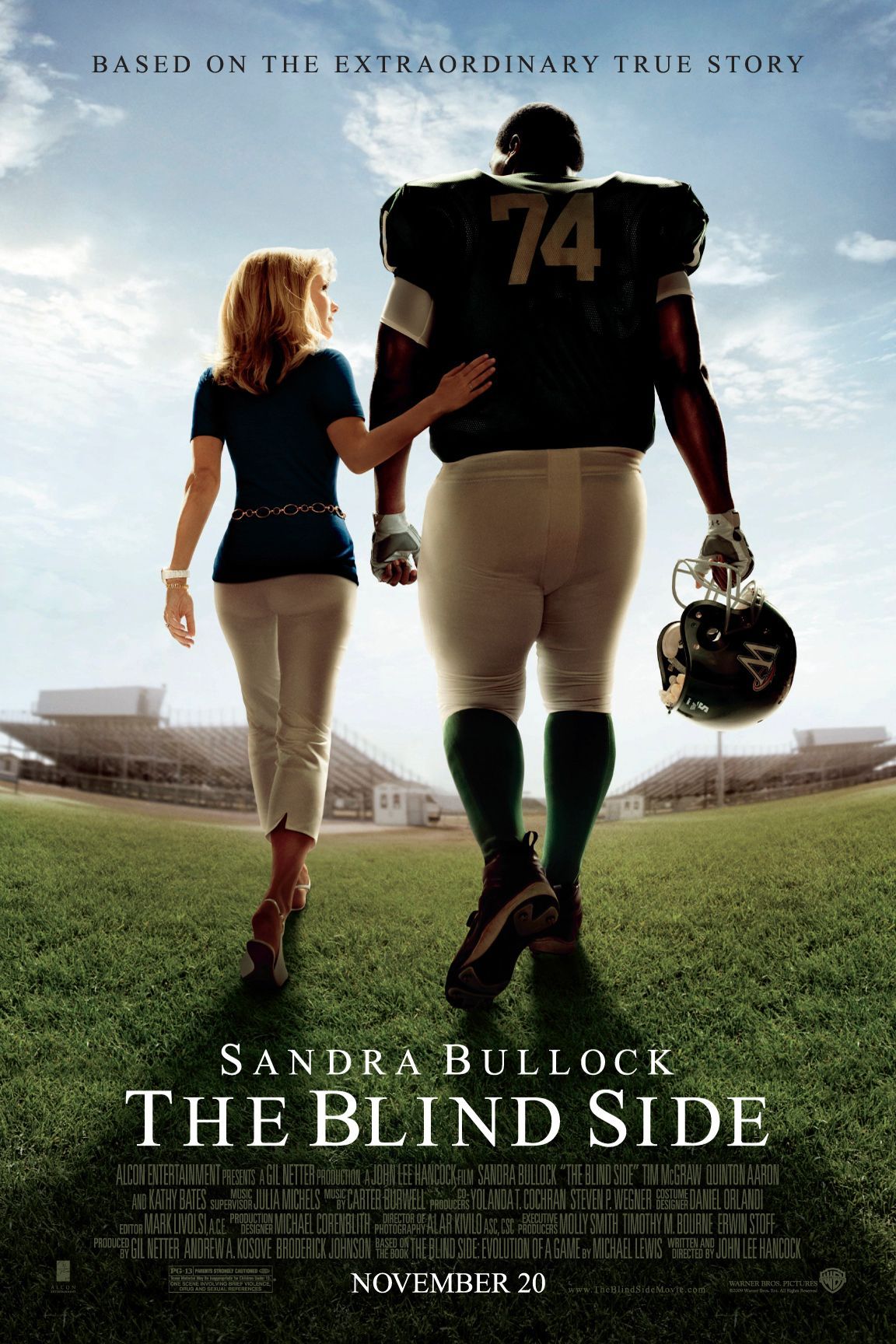
- Release Date
- November 20, 2009
- Director
- John Lee Hancock
- Runtime
- 129 Minutes
- Writers
- John Lee Hancock , Michael Lewis
1 ‘Crash’ (2004)
Directed by Paul Haggis
There’s Oscar-winning movies that have aged poorly, and then there’s Oscar-winning movies that were never even any good to begin with. Unfortunately, Paul Haggis‘s Crash belongs to the latter category. It’s a crime thriller that interweaves the stories of race, loss, and redemption of a colorful group of Los Angeles citizens leading vastly separate lives.
The movie’s point ultimately boils down to “racism is bad,” which the Academy loves. What’s worse, hammering that point home in every manipulative, hyper-sensationalized way it can find is what Crash is all about. It managed to take home three Oscars: Best Film Editing, Best Original Screenplay, and even Best Picture, even though most people who have seen it would agree that it didn’t really deserve any Oscar nominations. Nevertheless, Crash won what it won, and that fact remains today one of the Academy’s most laughable moments.
Source link
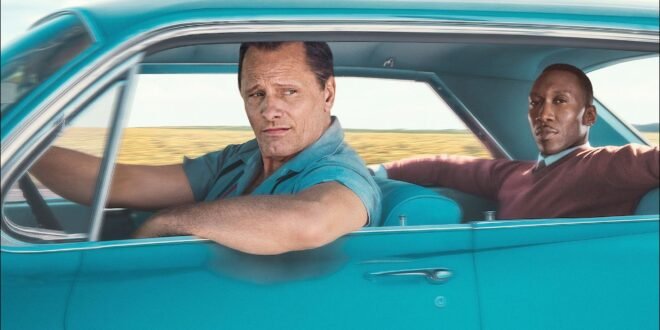
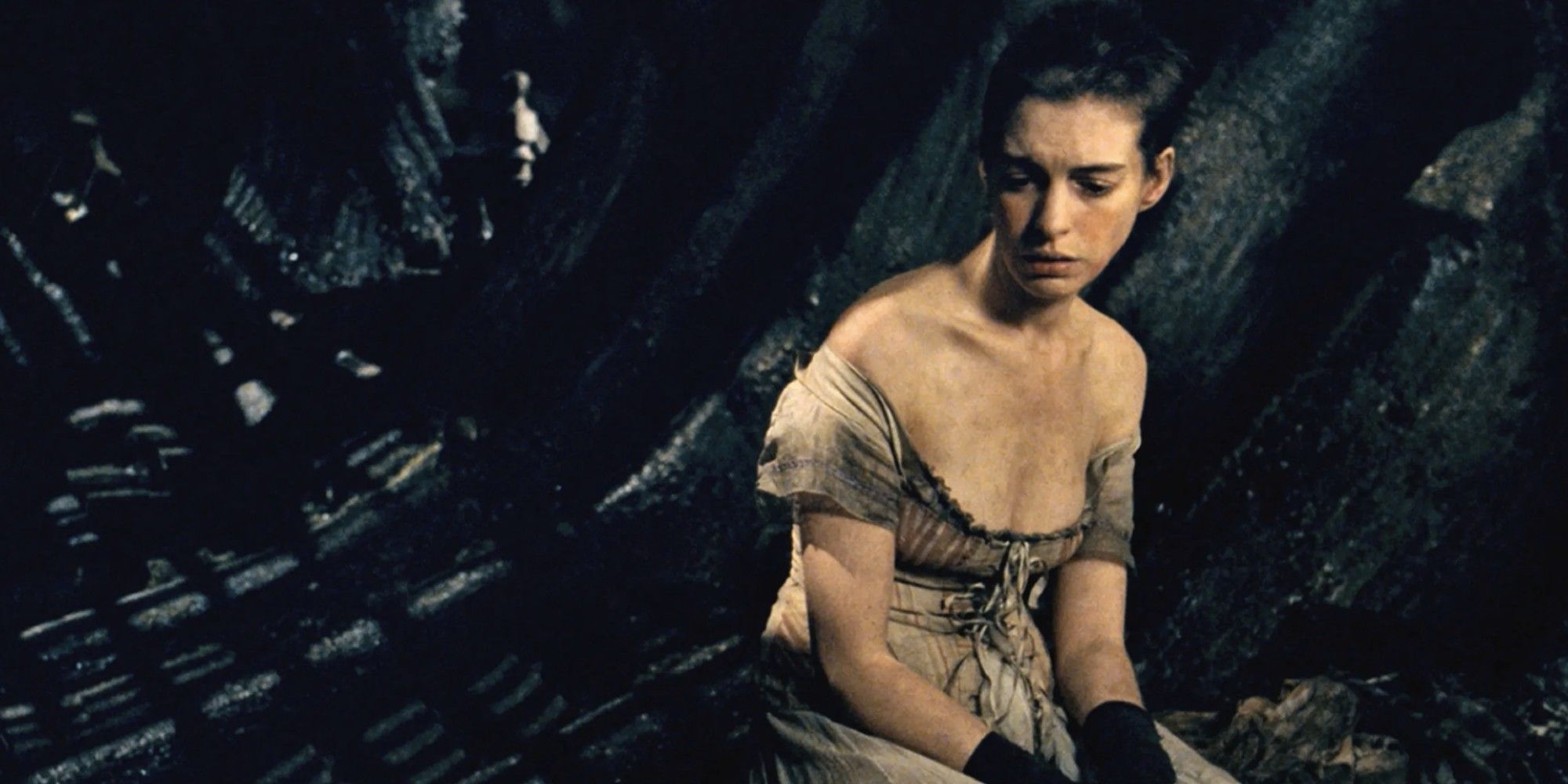
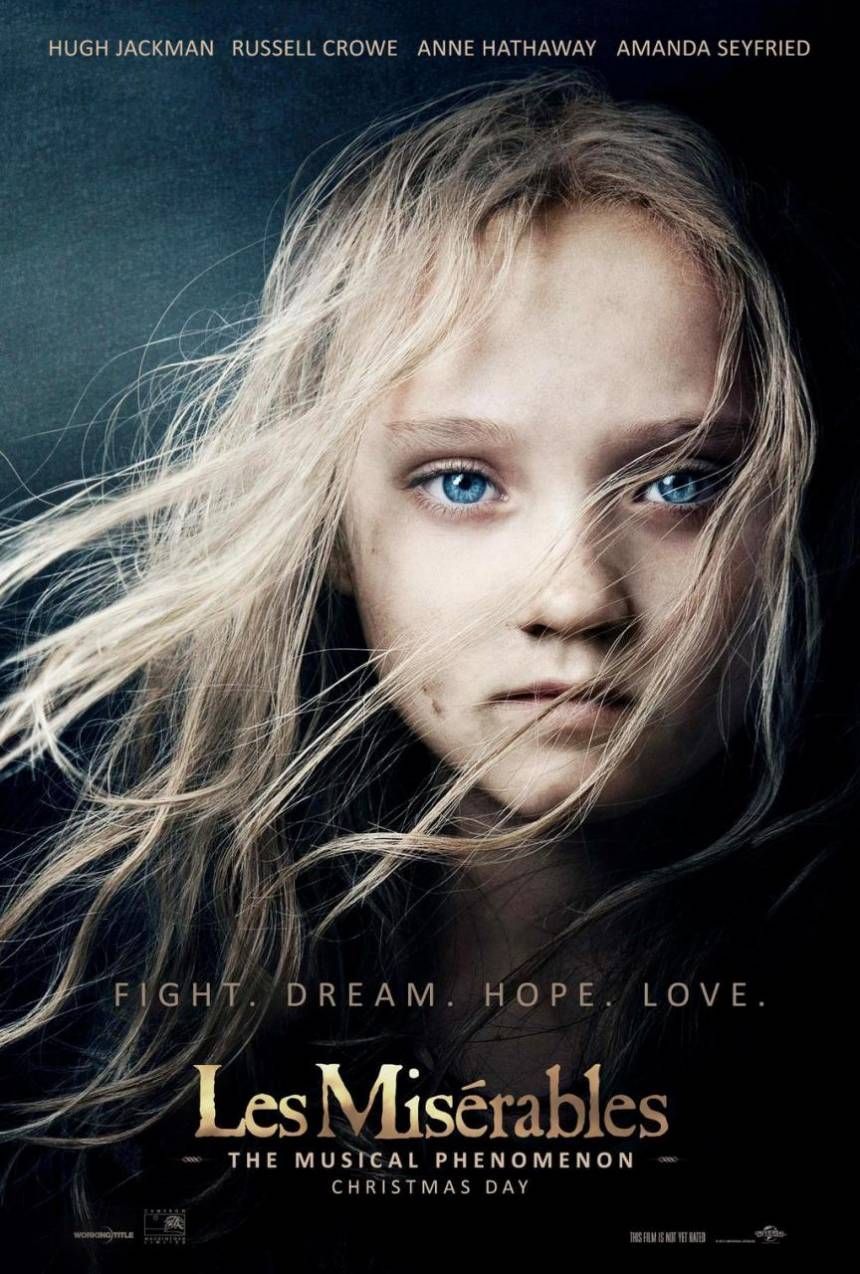
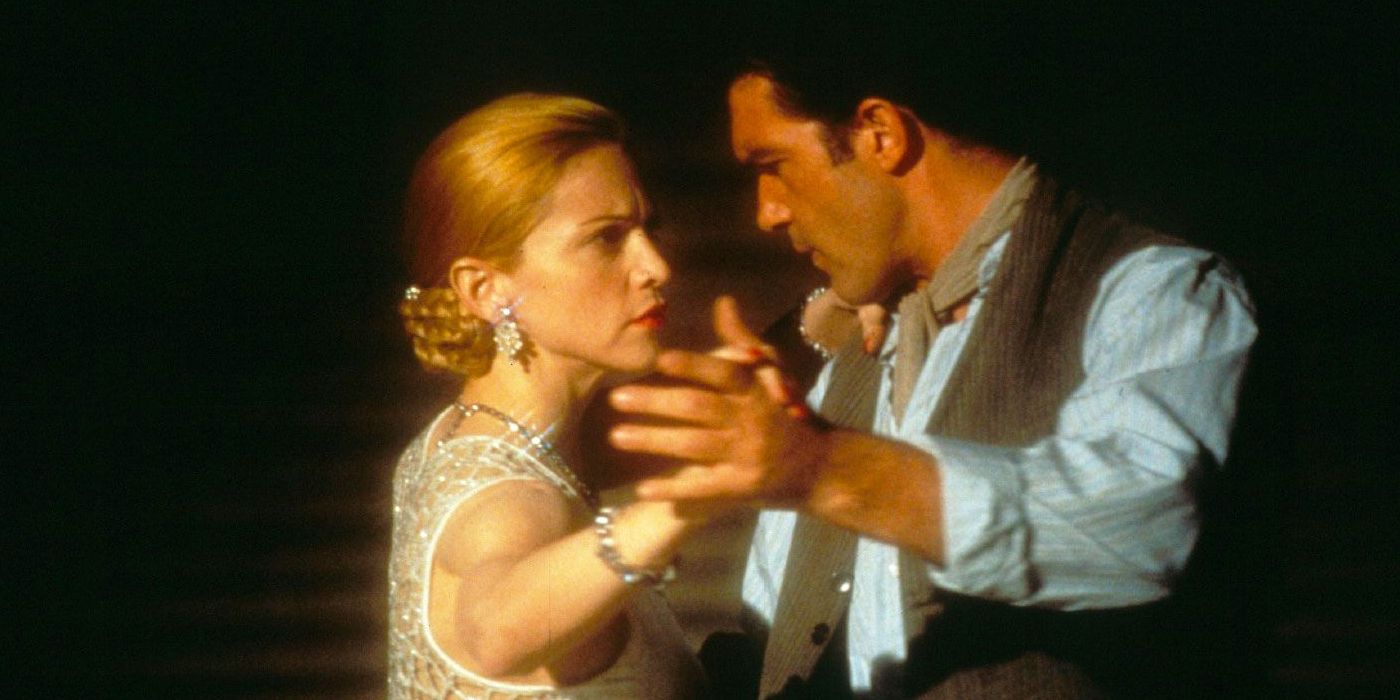
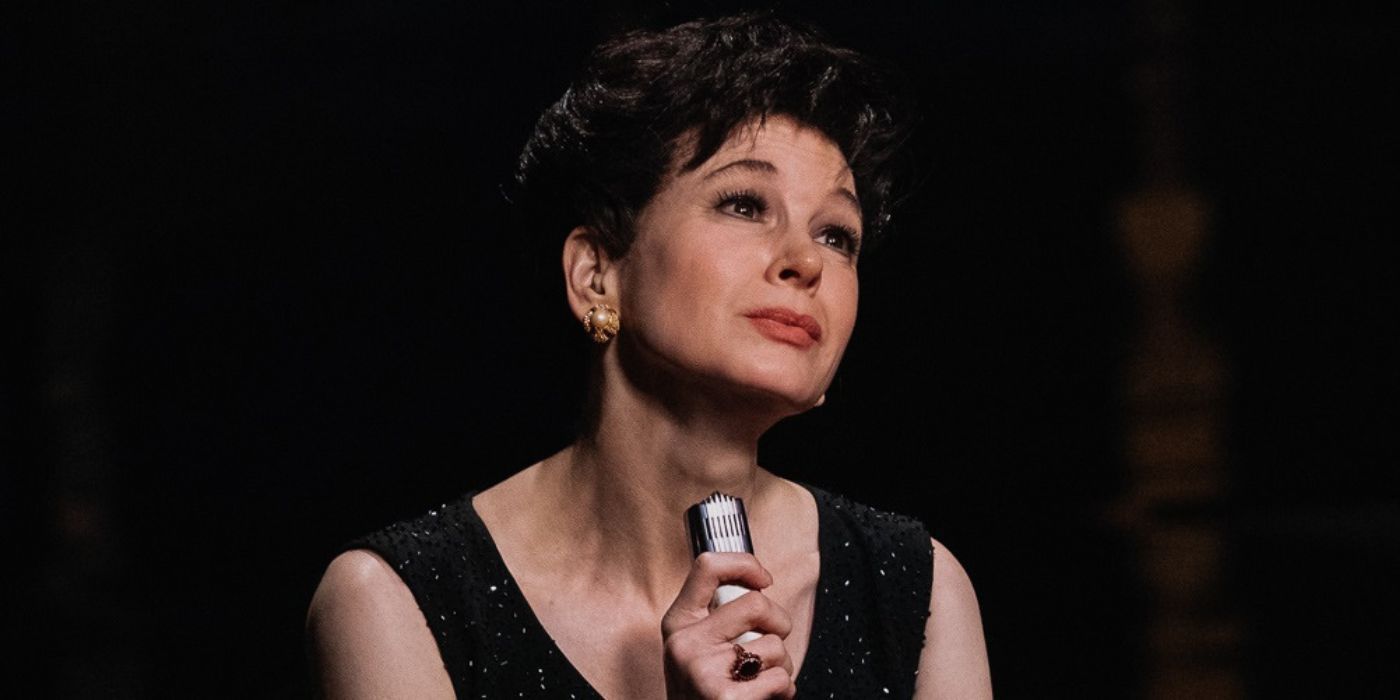

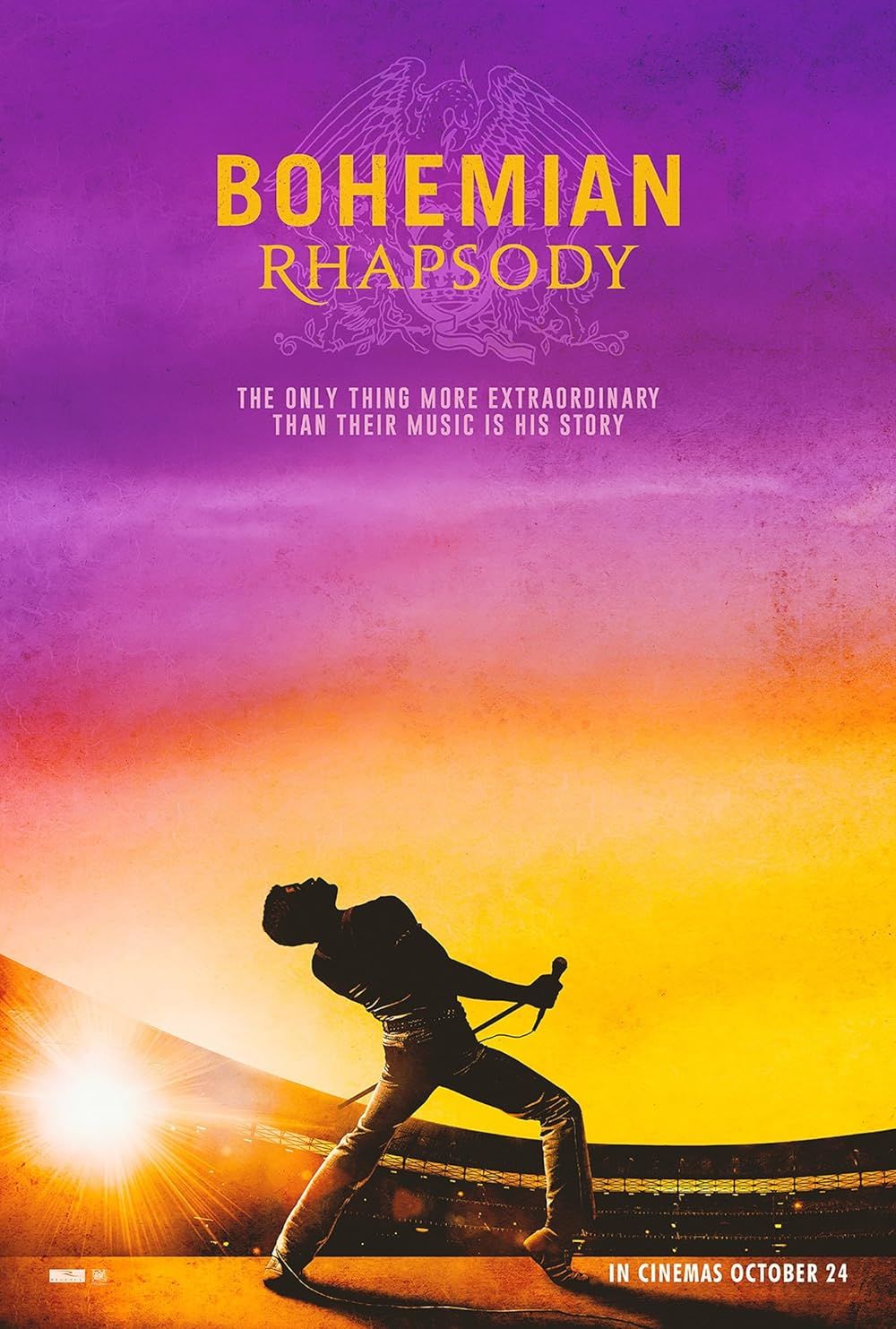
.jpg)
